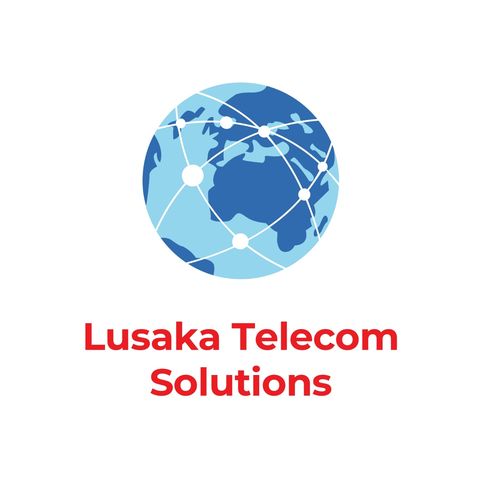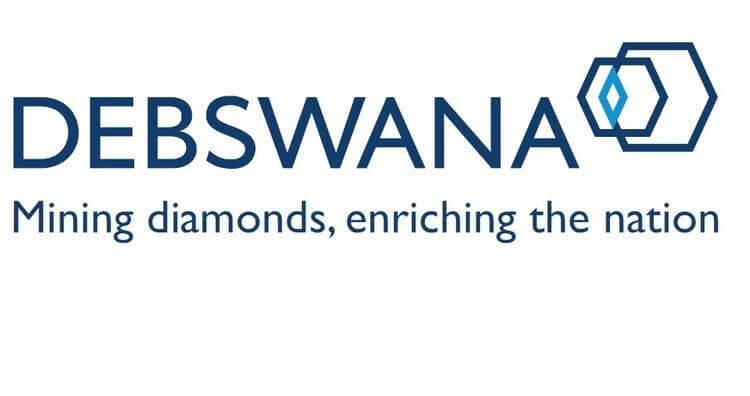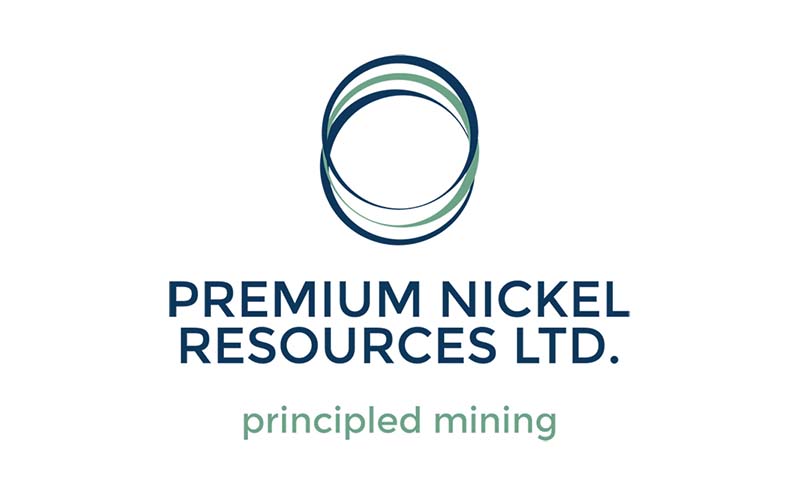Sub Regional Coordinator – UNOPS
Sub Regional Coordinator – East and Southern Africa, Gaborone, Botswana
|
Background Information – Job-specific
The RBM Partnership to End Malaria
The RBM Partnership is a global health initiative created to implement coordinated action against malaria. It mobilizes for action and resources and forges consensus among partners. RBM works mainly through Partner Committees (PCs) which formalize, consolidate and amplify the Partnership priorities of advocacy, resource mobilization, and country/regional support. Each Partner Committee is supported by a Partner Committee Manager employed by the RBM Management Team.
The Country/Regional Support Partner Committee (CRSPC) provides a platform to engage the RBM Partnership community in coordinating support to countries and regions as they execute their malaria control and elimination implementation programmes. Support is tailored to suit the requirements and existing capacity in each country and region.
The Sub Regional Coordinator – East and Southern Africa will support the sub-regional approach to ensure that collaboration by stakeholders is effective at the sub-regional level. This approach will be operationalized with sub-regional support to Eastern and Southern Africa, in close collaboration with existing structures and partners. The East and Southern Africa sub-regional unit will consist of a Sub-Regional Coordinator and an Officer working under the auspices of the CRSPC, to coordinate and facilitate communications and support between national malaria control programmes (NMCPs) and partners within the sub-region.
Functional Responsibilities
Under the supervision of the Regional and Country Support Manager at the RBM Secretariat, the Sub-Regional Network Coordinator for East and Southern Africa will coordinate and facilitate support to malaria endemic countries to implement the approved CRSPC work plan including to: Coordination:
- Convene, coordinate and facilitate NMCPs and partners to create a vibrant network at sub/regional level, working with core regional partners including through Regional Economic blocks;
- Support countries on sub-regional and country level to improve access to, absorption and effective use of funds;
- Collaborate with WHO country and regional offices to facilitate countries to develop, review and/or align Malaria Strategic Plans, update gap analysis, Malaria Information Systems, program reviews, strategies, develop Business Plans;
- Facilitate the CRSPC technical assistance support to countries for resource mobilization activities including the developing of Global Fund funding request proposals;
- Convene various small and large scale meetings on sub regional level
- Undertake joint missions as necessary with regional partners such as the Global Fund Fund-Portfolio Managers, the President’s Malaria Initiative with the Malaria Operational Plans and in-country partners to identify and resolve implementation challenges;
- Facilitate the operationalising of an early warning system which is an integral part of the CRSPC work plan to identifies bottlenecks, and implement a rapid response mechanism to support countries to overcome implementation bottlenecks including enhancing absorptive capacity, addressing emergencies accelerate programme implementation, and;
- Other supporting functions as appropriate and agreed with the RBM Secretariat.
Strategic Engagement with Sub-Regional Stakeholders:
- Strategically explore opportunities for the RBM Partnership leadership team to engage with key stakeholders at the highest levels within the sub-region countries.
- Foster diplomatic relationships and partnerships with government officials, international organizations, and other relevant bodies to advance malaria control initiatives.
- Exercise strong leadership and diplomatic skills to ensure bottlenecks, challenges, and the needs of National Malaria Control Program (NMCP) managers are effectively addressed and resolved.
- Collaborate with NMCP managers to identify and implement strategic solutions, demonstrating diplomacy and leadership in overcoming obstacles.
- Continuously monitor and identify opportunities at the country level to strengthen malaria control efforts.
- Utilize diplomatic channels to establish connections with local authorities, healthcare providers, and community leaders, fostering a collaborative approach to malaria elimination.
Competencies
Develops and implements sustainable business strategies, thinks long term and externally in order to positively shape the organization. Anticipates and perceives the impact and implications of future decisions and activities on other parts of the organization.(for levels IICA-2, IICA-3, LICA Specialist- 10, LICA Specialist-11, NOC, NOD, P3, P4 and above)
Treats all individuals with respect; responds sensitively to differences and encourages others to do the same. Upholds organizational and ethical norms. Maintains high standards of trustworthiness. Role model for diversity and inclusion.
Acts as a positive role model contributing to the team spirit. Collaborates and supports the development of others. For people managers only: Acts as positive leadership role model, motivates, directs and inspires others to succeed, utilizing appropriate leadership styles.
Demonstrates understanding of the impact of own role on all partners and always puts the end beneficiary first. Builds and maintains strong external relationships and is a competent partner for others (if relevant to the role).
Efficiently establishes an appropriate course of action for self and/or others to accomplish a goal. Actions lead to total task accomplishment through concern for quality in all areas. Sees opportunities and takes the initiative to act on them. Understands that responsible use of resources maximizes our impact on our beneficiaries.
Open to change and flexible in a fast paced environment. Effectively adapts own approach to suit changing circumstances or requirements. Reflects on experiences and modifies own behavior. Performance is consistent, even under pressure. Always pursues continuous improvements.
Evaluates data and courses of action to reach logical, pragmatic decisions. Takes an unbiased, rational approach with calculated risks. Applies innovation and creativity to problem-solving.
Expresses ideas or facts in a clear, concise and open manner. Communication indicates a consideration for the feelings and needs of others. Actively listens and proactively shares knowledge. Handles conflict effectively, by overcoming differences of opinion and finding common ground.
Education/Experience/Language requirements
Education
- Advanced university degree (Master or equivalent) preferably in Public Health, Political Science, International Relations, Development Studies, Public Administration, Business Administration or related fields. eINSeRA vXePs
- A Bachelor degree with two (2) additional years of relevant experience may be acceptable in lieu of the advanced degree.
Work Experience
- Minimum 7 years of experience in coordination and management within the public health sector is required
- Experience of working with International Coordination focusing on Malaria is desirable
- Knowledge of malaria control and or other public health programmes in the East and Southern Africa region is desirable
Languages
- Fluency in oral and written English is essential;
- Working knowledge of French is desired.
- Knowledge of other UN language/s would be an asset.
Contract type, level and duration
Contract type: Individual Contractor Agreement (ICA) Contract level: International ICA 3 / ICS-11 Contract duration: Open-ended, subject to organizational requirements, availability of funds and satisfactory performance. For more details about the ICA contractual modality, please follow this link: https://www.unops.org/english/Opportunities/job-opportunities/what-we-offer/Pages/Individual-Contractor-Agreements.aspxAdditional Information
- Please note that UNOPS does not accept unsolicited resumes.
- Applications received after the closing date will not be considered.
- Please note that only shortlisted candidates will be contacted and advance to the next stage of the selection process, which involves various assessments.
- UNOPS embraces diversity and is committed to equal employment opportunity. Our workforce consists of many diverse nationalities, cultures, languages, races, gender identities, sexual orientations, and abilities. UNOPS seeks to sustain and strengthen this diversity to ensure equal opportunities as well as an inclusive working environment for its entire workforce.
- Qualified women and candidates from groups which are underrepresented in the UNOPS workforce are encouraged to apply. These include in particular candidates from racialized and/or indigenous groups, members of minority gender identities and sexual orientations, and people with disabilities.
- We would like to ensure all candidates perform at their best during the assessment process. If you are shortlisted and require additional assistance to complete any assessment, including reasonable accommodation, please inform our human resources team when you receive an invitation.
- Gaborone, Botswana is a family duty station.
Terms and Conditions
- For staff positions only, UNOPS reserves the right to appoint a candidate at a lower level than the advertised level of the post.
- For retainer contracts, you must complete a few Mandatory Courses (they take around 4 hours to complete) in your own time, before providing services to UNOPS. For more information on a retainer contract here.
- All UNOPS personnel are responsible for performing their duties in accordance with the UN Charter and UNOPS Policies and Instructions, as well as other relevant accountability frameworks. In addition, all personnel must demonstrate an understanding of the Sustainable Development Goals (SDGs) in a manner consistent with UN core values and the UN Common Agenda.
- It is the policy of UNOPS to conduct background checks on all potential personnel. Recruitment in UNOPS is contingent on the results of such checks.





